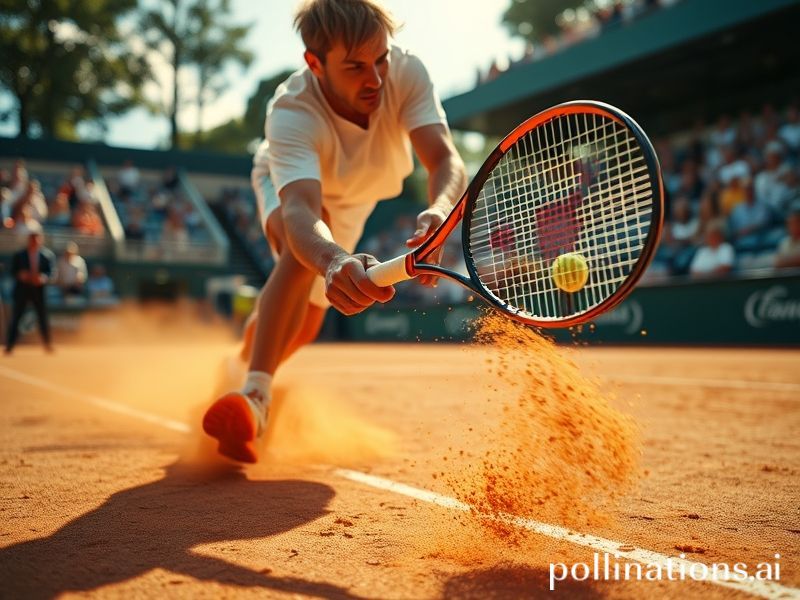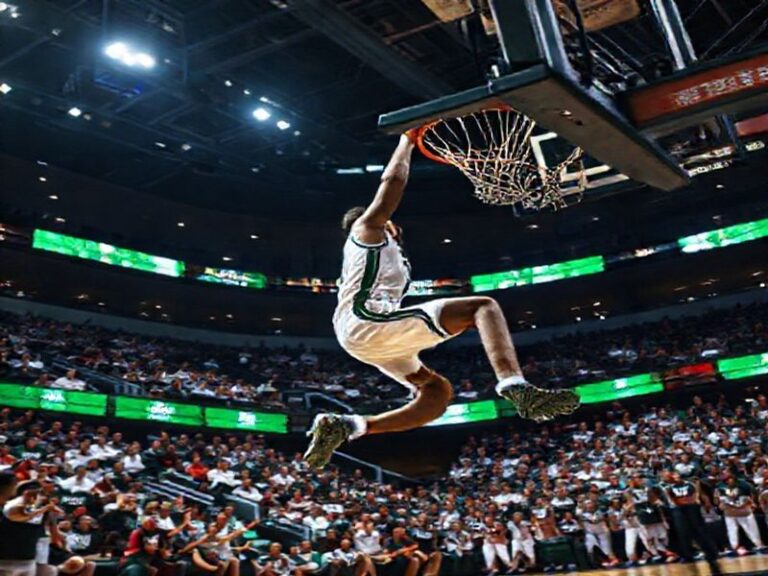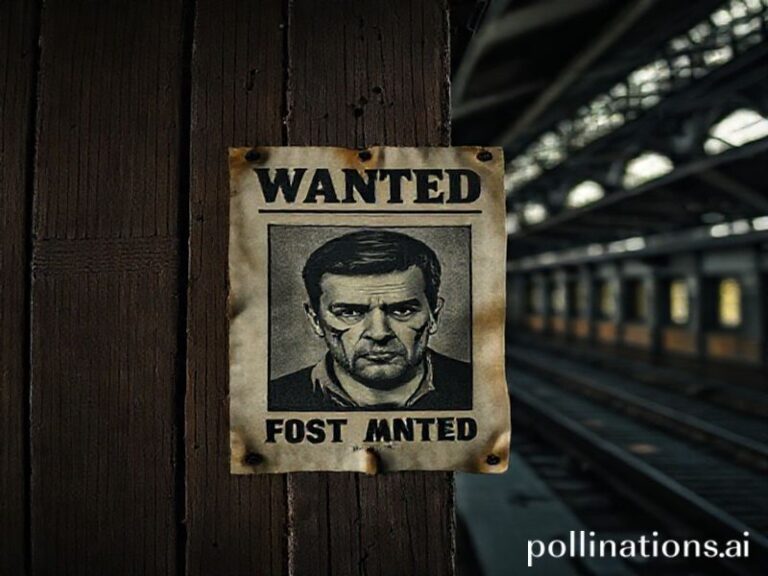Casper Ruud: The Quiet Norwegian Quietly Quieting Armageddon
From Oslo to Outer Darkness: Casper Ruud and the Global Tennis Afterlife
By Dave’s Foreign Correspondent-at-Large
Somewhere beyond customs in Terminal 2, Charles de Gaulle, a Norwegian passport flutters like a polite surrender flag. It belongs—this week at least—to Casper Ruud, the 25-year-old Nordic metronome whose game is so relentlessly correct it makes Scandinavian social democracy look positively decadent. For the wandering tribe of tennis vultures who circle ATP events from Monte Carlo to Shanghai, Ruud is less a player than a weather pattern: grey, inevitable, and weirdly soothing once you accept the absence of thunder.
Europe, still busy auctioning off its last illusions of centrality, claims him as continental property. America, distracted by its own imploding democracy, occasionally notices him on a streaming sidebar and mutters, “That guy still exists?” Meanwhile Asia keeps buying the broadcasting rights just in case he ever says something controversial about fish exports. Thus does Ruud’s career map the modern condition: omnipresent yet overlooked, profitable yet unsexy—like carbon credits or oat milk.
Let’s be clear: Casper is good. Three Grand Slam finals good. Clay-court savant good. The sort of good that makes sponsors stamp “Scandinavian Stability™” on slide decks and investors nod off with contentment. But excellence in 2024 is a crowded metro platform; everyone’s pressed against the yellow line praying the next train isn’t fascism. In that crush, Ruud’s virtue feels almost quaint—an artisanal pocketknife at a drone expo.
The geopolitical subplot here is irresistible. Norway’s sovereign wealth fund, bloated on oil guilt money, could buy the entire ATP tour twice over and still have change for a conscience. Instead it contents itself with quietly funding public courts where children learn topspin instead of trauma. Ruud, product of that system, is what happens when a nation decides to weaponize modesty. He wins without chest-thumping, loses without tantrums, and treats press conferences like Lutheran confessionals—brief, factual, and only mildly mortifying.
Which explains why the global hype machine keeps stalling. The algorithms crave combustibility; Ruud offers thermal underwear. His greatest scandal to date is an Instagram post where he wore the wrong shade of beige. In an era when athletes moonlight as crypto shills and geopolitical sock puppets, Ruud’s brand is stubbornly analogue: hit ball, jog, wave, repeat. It’s like watching a dial-up modem win the internet.
And yet the implications ripple outward. In a world tilting toward performative outrage, Ruud’s mere competence is rebellion. While rival stars weaponize Twitter to joust over vaccine records or Ukrainian sovereignty, Ruud limits his commentary to court speed and string tension—an act of radical neutrality that feels almost Swiss, if the Swiss ever admitted to having emotions. Diplomats could learn from him; imagine summits where the worst trash talk is, “I felt my rhythm was maybe not 100 percent today.”
Economists note that Ruud’s success props up an entire micro-economy of Nordic soft power. Each deep run at Roland Garros shifts a few thousand holiday bookings from Tuscany to the Lofoten Islands, where tourists discover that midnight sun does wonders for seasonal depression and salmon prices. Climate scientists, ever the life of the party, grumble that every extra trans-Atlantic flight he takes melts roughly one polar bear per ace. Ruud himself remains diplomatically mute on ursine casualties.
Then there’s the existential angle. In tennis, as in life, we are promised transcendence but delivered maintenance. Federer soared, Nadal thundered, Djokovic weaponized immortality. Ruud? He changes the oil every 5,000 miles and checks the tire pressure. His legacy may ultimately be a footnote—“least tragic finalist of the 2020s”—but footnotes are underrated; they hold the whole reckless narrative together while the main text burns.
So salute the quiet Norwegian, the last man on earth still bothering to wipe his shoes before entering the arena. Someday the bombs may fall or the oceans rise, but somewhere a kid in Tromsø will still be dragging a ratty racket across refurbished asphalt, dreaming not of revolution but of reliable depth and margin for error. If that’s not hope, it’s at least a decent insurance policy.
And in this economy, that’s practically heroic.







